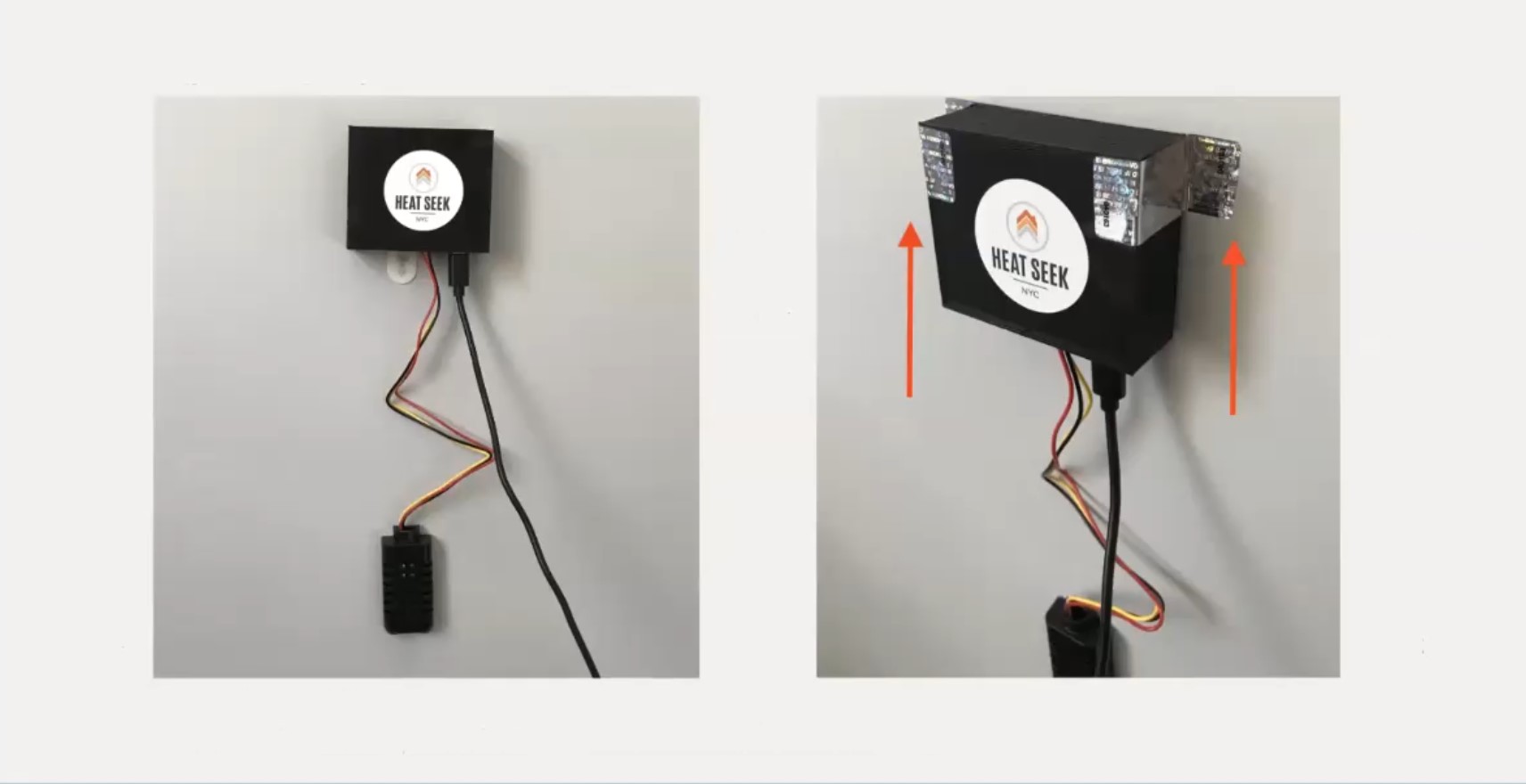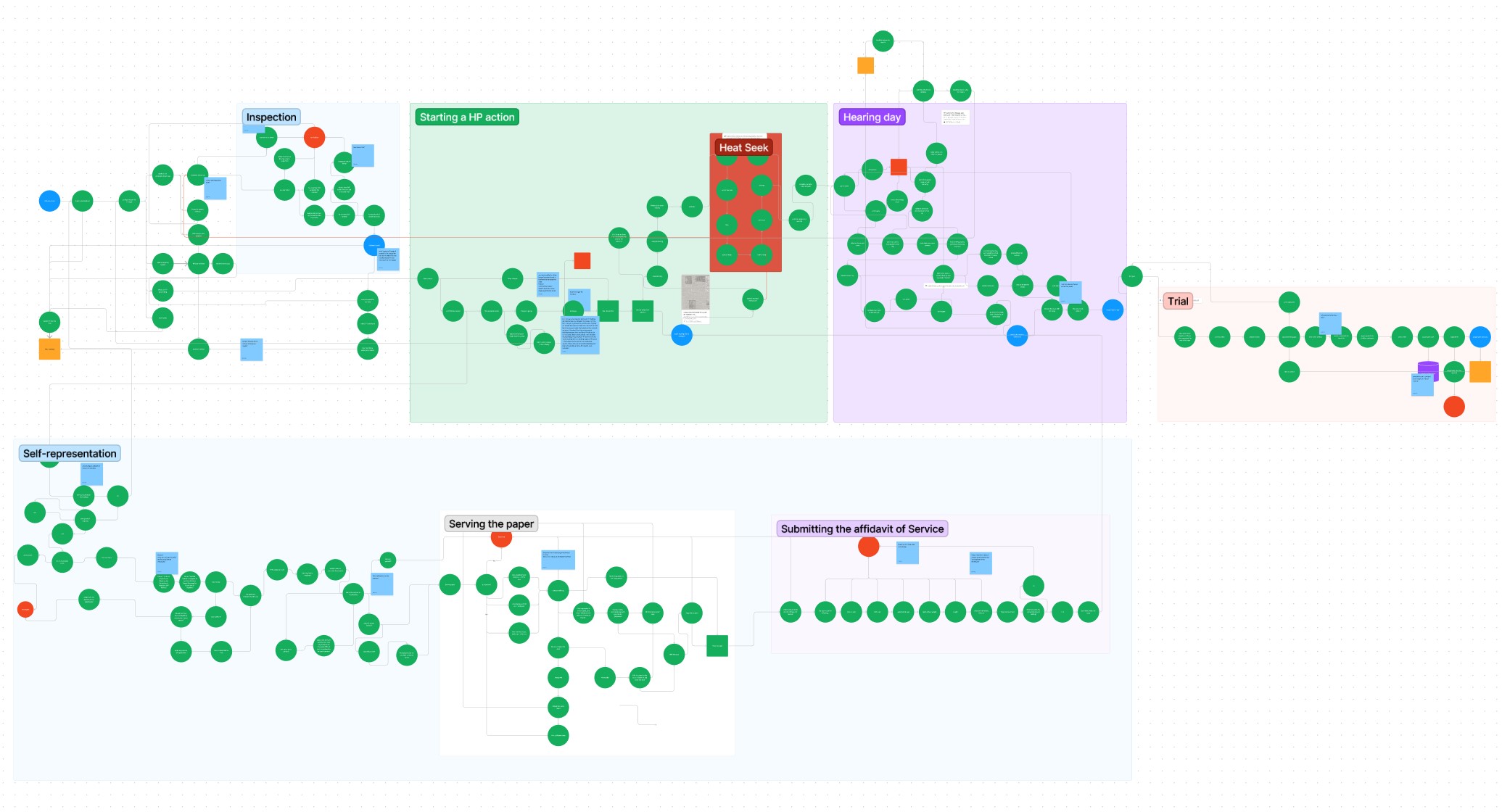02
PUBLIC INTEREST TECHNOLOGIES & EPISTEMIC INJUSTICE
NOV/21 -
∞
An ethnographic, user-centered study of IoT temperature sensors
Public Interest Technologies consist of a range of technologies, tools, and practices that are designed and used to address societal challenges and advance the public good. By bringing concerns of epistemic injustice, instances where an individual or groups’ knowledge is dismissed or diminished due to social biases and prejudices, the project seeks to foreground epistemic injustice as a concern in the discourse on civic technologies.New York City law requires that homes must be heated during the heating season, starting from October and ending in May. The legal limit for the temperatures is 68°F during the day and 62°F at night. Unfortunately, not all landlords comply with this requirement due to a myriad of factors. In order to get their heat restored, tenants have to go through the 311 to the Housing Preservation and Development Department (HPD) and eventually to the housing court to seek any relief. As we found out, the issue is that heat violations and complaints are notoriously difficult to prove. The difficulty of proving heat complaints is in part due to the “lack of specificity regarding dates and the relative severity” of the situation.

Heat Seek, a New York-based startup, provides temperature sensors to tenants with heat problems. Using the sensors, they document the unavailability of heat in the apartment and produce a log that is then used as evidence to launch formal complaints against the landlord “to hold them accountable”.
Contribution
I conducted an extensive research process to gain an understanding of the key features of Heat Seek and the reasons why it has been a successful intervention. Our research involved conducting indepth interviews totaling 6+ hours with users, attorneys, and the designers at Heat Seek. To gain a comprehensive understanding of the process of making a heat complaint, I analyzed 30+ cases from New York Housing Court to see how heat cases have been decided in the past. This gave an insight into how Heat Seek can be effectively utilized and the various advantages it can provide to tenants. I also meticulously constructed the actual process of making a heat complaint, based on testimonial accounts, court documents, and community organizers’ research that allowed us to visualize the complex and messy process of making a heat complaint, and find new areas of interventions [see below].The goal of the study is to twofold: 1. To find generalizable design principles that can help civic tech and service design create more socially conscious and impactful set of technologies. 2. To help understand the legal implicationns of designing technology interventions for legally charged situations.
This project is being conducted in collaboration with the Legal Analytics Lab at Georgia State University and a publication is forthcoming.

Related Works:
Mohsin Y. K. Yousufi, Charlotte Alexander, and Nassim Parvin. 2025. "Credibility Boosters": The Case of a Temperature Sensor in Addressing Epistemic Injustices in Heat Complaints. Proc. ACM Hum.-Comput. Interact. 9, 7, Article CSCW392 (November 2025), 30 pages. https://doi.org/10.1145/3757573Mohsin Yousufi, Charlotte Alexander, and Nassim Parvin, “Epistemic Injustice in Technology and Policy Design: Lessons from New York City’s Heat Complaints System,” CHI 2023, Designing Technology and Policy Simultaneously: Towards A Research Agenda and New Practice. (Reviewed Abstract)

